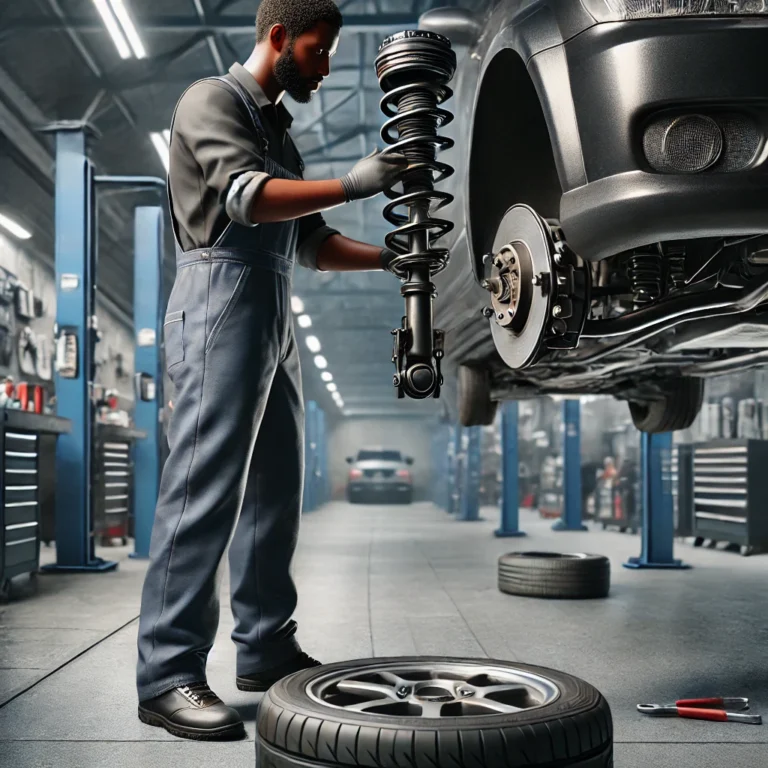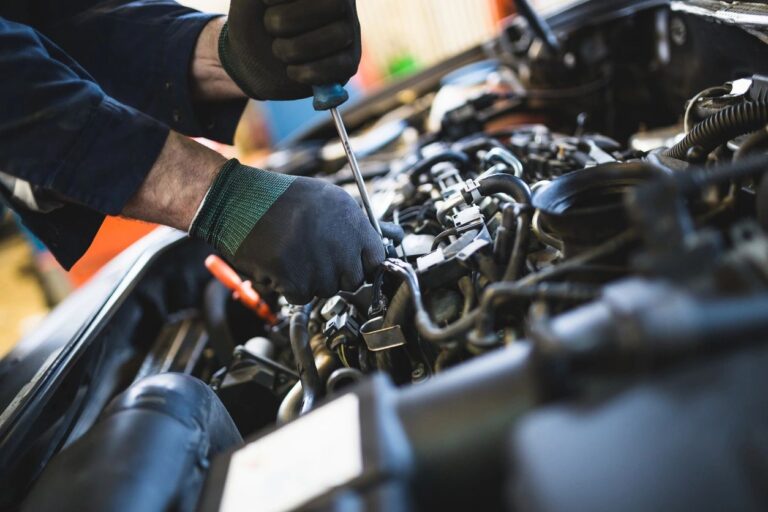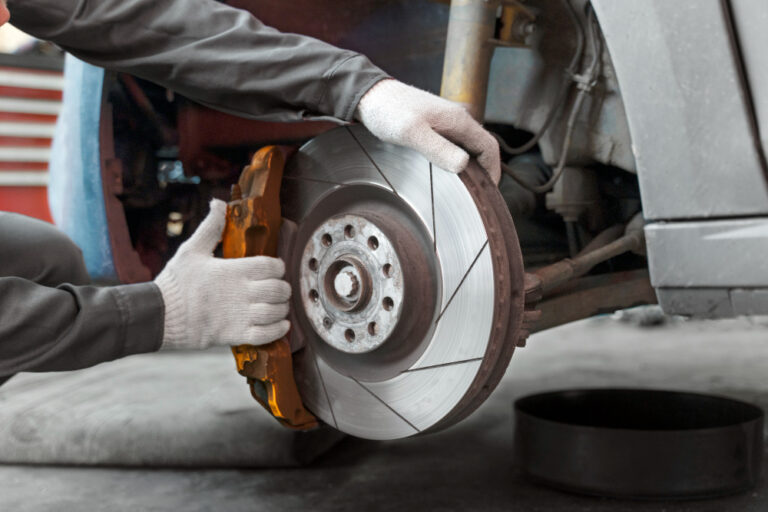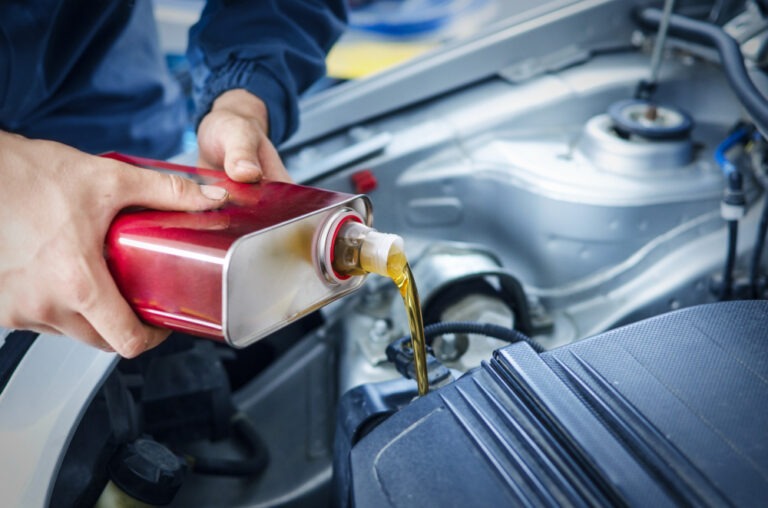Blower motor failure can be a frustrating issue, as it affects the vehicle’s ability to blow air through the vents, impacting both heating and cooling functions. The blower motor is responsible for pushing air through the HVAC (Heating, Ventilation, and Air Conditioning) system, making it essential for climate control inside the car. Here’s a closer look at the causes, signs, and solutions for blower motor failure.
Signs of a Failing Blower Motor
- Weak or No Airflow
One of the most obvious signs of a blower motor issue is reduced or no airflow from the vents. If you set the fan to high but still feel weak airflow, the blower motor may be struggling or failing. - Unusual Noises from the Vents
Grinding, rattling, or squealing sounds from the blower motor when it’s running could indicate that internal components, like the bearings or fan, are worn out or damaged. - Inconsistent Fan Speeds
If the fan speed doesn’t adjust correctly when you change the settings or only works on certain settings, it could be due to a failing blower motor or a faulty resistor. - Burning Smell
A burning odor coming from the vents may be caused by an overheating blower motor. This is often due to excess friction from worn bearings or electrical issues, and it should be addressed immediately to prevent further damage. - Blower Motor Only Works Intermittently
A blower motor that works sporadically or stops entirely is likely on the verge of failing. This can happen if there’s an electrical problem or if the motor itself is wearing out.
Common Causes of Blower Motor Failure
- Worn Bearings
Bearings in the blower motor allow the fan to spin smoothly. Over time, these bearings can wear out, leading to increased friction, reduced efficiency, and, ultimately, motor failure. - Electrical Issues
Loose or corroded wiring connections can prevent the blower motor from receiving power consistently. Electrical issues may also involve the blower motor relay, which can fail and interrupt the power flow. - Blower Motor Resistor Failure
The blower motor resistor controls the fan speeds. If it fails, the blower motor may only operate at one speed or may not work at all. Resistor issues are common in vehicles where the fan only works on high or low settings. - Overheating Due to Blockages
Debris, such as leaves or dirt, can enter the HVAC system and block the blower motor fan, causing it to overheat and fail prematurely. This is more common in vehicles that are often parked outdoors or in dusty environments. - Old Age and Wear
Like any electrical component, blower motors wear out over time, especially in high-mileage vehicles. Frequent use, particularly in extreme temperatures, can accelerate wear and tear.
Solutions for Blower Motor Problems
- Inspect and Clean the Blower Motor
Remove debris from around the blower motor and clean the fan blades. Keeping the motor free from blockages can prevent overheating and improve airflow. - Replace the Blower Motor Resistor
If the blower motor only works at certain speeds, replacing the blower motor resistor may restore full functionality. This is a relatively affordable repair. - Check and Repair Electrical Connections
Loose, corroded, or damaged wires can often be repaired by a mechanic. They can inspect the electrical connections, relay, and fuse to ensure consistent power to the blower motor. - Replace the Blower Motor
If the motor itself is worn out or damaged, a replacement may be necessary. New blower motors improve airflow, reduce noise, and restore full heating and cooling capabilities. - Install a Cabin Air Filter
Some vehicles don’t come with cabin air filters, but if possible, installing one can help keep debris out of the HVAC system, reducing the risk of blockages and motor wear.
Preventing Blower Motor Failure
- Keep the Air Vents Clear: Regularly clear debris from around the air intake near the windshield to prevent blockages from entering the HVAC system.
- Replace the Cabin Air Filter: Changing the cabin air filter as recommended in your vehicle’s manual helps keep dust and debris from reaching the blower motor.
- Run the Blower Regularly: Using the blower motor regularly helps prevent dust buildup and keeps the motor’s components lubricated and running smoothly.
Blower motor failure affects your car’s heating and cooling system, making it uncomfortable to drive in extreme weather conditions. Recognizing the early signs of blower motor issues and addressing them promptly can prevent costly repairs and keep your car’s climate control system working efficiently.







